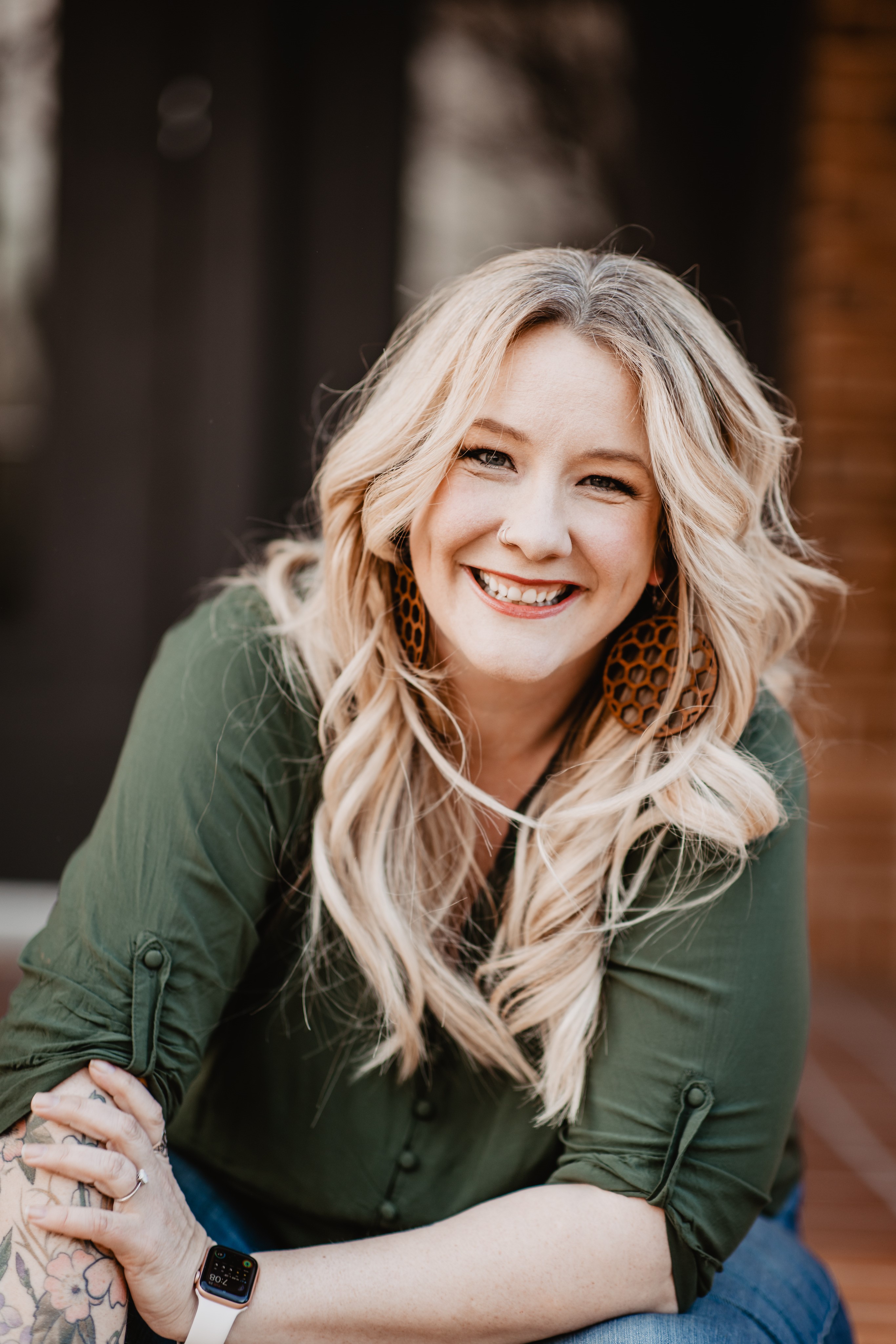7 conversations to have with your teen before their first parent-free holiday
Teen holidays abroad without parents are a worry for mums and dads but these conversation starters can help


Going on holiday without parents is an exciting milestone for teens and young adults, but it comes with risks. Here are seven essential things to discuss before a parent-free holiday to ensure a safe and enjoyable time.
Exams are over and school is out for summer, which means teenagers and young people everywhere are eagerly anticipating their first holiday away from home without mum or dad. And while we know there are plenty of things teenagers wish their parents had done differently, but equipping them with the skills to handle a parent-free holiday is not one of them.
The thought of sending kids off to post-exam parties, adult-free holidays, and music festivals is nerve-wracking for parents but that highlights the importance of equipping teens and young adults with the skills to navigate risks and handle potential dangers when they're away from home.
As a mother of three, with two teens now firmly in the young adult category, I’ve learned the value of addressing tricky issues head-on. It’s never easy knowing how to talk to a teenager about awkward topics, but creating an environment where discussing difficult subjects is normal encourages them to approach you with their concerns and even seek advice. It can be tempting to lay down the law to keep teens safe, but it's far more effective, in my experience as the mum of two teenage boysand a tween daughhter, to try to foster trust and build understanding.
7 things to tell your teen before a parent-free holiday
So, as you prepare to have that all-important talk with your teen about their first parent-free holiday, remember that it’s not about instilling fear but rather empowering them with the confidence and knowledge to stay safe and enjoy their independence.
To help you talk to teens about navigating this exciting chapter of their lives, we asked parenting expert Rachel Coler Mulholland to share seven things she thinks parents should tell their teens before their first parent-free holiday. With nearly 1m followers on TikTok, Rachel is a go-to expert on navigating those often awkward yet crucial conversations with teenagers and, as a children's mental health advocate and a mum of three herself, Rachel's tips are a blend of professional insight and personal experience.
Here are the seven things Rachel thinks all parents should tell their teens before a parent-free holiday:
Parenting advice, hot topics, best buys and family finance tips delivered straight to your inbox.
1. Stay connected
What to say: Keep in touch
Why it matters: Frequent check-ins reassure both parents and teens but it's easy to make assumptions about how often your young person will be in touch, which can heighten worry if that doesn't materialise. Agree a routine for regular updates that you're both comfortable with, whether through text messages, social media, or video calls. Then if anything goes awry, help is just a call away.
"Please set aside a little bit of cash in a safe location before you head out each day," advises Rachel. "Load one card onto the digital wallet on your phone or watch. Pop a tenner in your pocket. Leave 20-30 quid in the safe at the hotel, just in case. If you lose your purse, your wallet gets stolen, or you drop your backpack in the river, I want you to have enough funds available to get hold of me for help and buy yourself a cheap meal, at the very least."
2. Pace yourself
What to say: Don't peak too early
Why it matters: For teens on a parent-free holiday, it's exciting to ditch normal rules, including healthy sleep routines, but many a holiday has been ruined by partying too hard too soon. Encourage young people to avoid this mistake.
"Get your beauty sleep," adds Rachel. "Your brain makes better decisions when it’s getting good rest, so plan a couple of nights of quality sleep. It’s going to be SO tempting to stay up late and then get up early to see everything you can, but please remember to get at least a couple of nights of good sleep while you’re away."
3. Keep your friends close
What to say: Stick together
Why it matters: Safety in numbers is a good rule to teach young people. Fall-outs can happen, even between the best of friends, but emphasize the importance of never going anywhere alone on a parent-free holiday, especially during a night out or an excursion to a new place. Encourage young people to put a buddy system in place so that everyone always has someone looking out for them on holiday.
"Your group is your safety net on this trip – watch out for each other," says Rachel. "Watch each other’s belongings, walk together, don’t let each other go off with strangers, cover each other’s drinks, and check in with each other regularly to make sure everyone is having a great time."

4. Don’t accept “candy” from strangers
What to say: Know your limits and stay safe
Why it matters: Peer pressure can lead to risky behaviours. Talk openly about the dangers of excessive drinking and drug use. Encourage young people to make safe choices and look out for each other.
"Please only get your food and drink from reputable sources," urges Rachel. "If you’re at a bar, please only take drinks from the bartenders. Even if other folks are experimenting with drugs, please don’t take anything from strangers – you don’t know what it might be or the effect it might have on you."
5. Plan for the best, prepare for the worst
What to say: Always be prepared
Why it matters: If things don't go to plan, make sure your teen knows what to do and how to cope. They might have their phone stolen, get separated from friends, or encounter an emergency - but having a list of emergency contacts and knowing how to reach the local authorities is key to coping with whatever comes their way. Hopefully they'll never need the local hospital or police station on holiday but knowing where they are is always a good idea.
6. Do not make a life or take a life
What to say: Think twice.
Why it matters: Holiday actions have real-life consequences. It's as simple as that.
"Keep your wits about you and think beyond this trip – do not come home with a life you didn’t plan for," is Rachel's advice. I'm a big fan of the 'weekend safety brief' that does the rounds on social media. It goes like this: 'Do not subtract from the population. Do not add to the population. Do not end up in the hospital, in the newspaper, or in jail. If you do end up in jail, establish dominance quickly.' It's a joke, of course, but I know my boys know that I mean business when I remind them of his little nugget of parental wisdom.
7. There’s nothing you can do that will make me stop loving you
What to say: If you need me, call me
Why it matters: No matter how much good advice we instil in our teens and young people, there are times when things go wrong. It's important, especially in those circumstances, that they know they can call on us - for help, advice, or moral support rather than I-told-you-so. A friend of mine has a brilliant strategy for exactly this kind of scenario. She has agreed with her teens that if they ever text her the letter 'X' she will come to their rescue but ask no questions. It's not a card they can use more than once but there's peace of mind in knowing that when the chips are down, they won't think twice about calling mum or dad.
"I want you to have an amazing time, and I remember what it was like to be your age," adds Rachel. "You will make choices, and some of them won’t pan out how you expected – some of them might even prove to be mistakes. Remember that there is NOTHING you can do that will make me stop loving you. I can’t wait to hear how your trip went."
By covering these essential topics, parents can equip their teens with the knowledge and confidence to enjoy their first parent-free holiday safely. Remember, the goal is to foster independence while ensuring they have the tools to handle whatever comes their way.

Rachel Coler Mulholland is the author of The Birds, the Bees, and the Elephant in the Room - Talking to Your Kids About Sex & Other Sensitive Topics, published in July 2024. The book covers a broad variety of topics including how babies are made, dating, safe sex practices, the differences between gender and sexual orientation, and how to discuss consent. Known as Shug to her nearly 1m TikTok followers, Rachelis known for her honest, funny, responsible, and much-needed wisdom in talking to kids about bodies, puberty, consent, and sex. She is also a university professor and a nationally certified counsellor with a Master's degree in clinical mental health counselling.
For more on this topic, read 9 ways to let teenagers take positive risks this summer or check out How independent should a teenager be?

Heidi is a seasoned parenting journalist with over 15 years of experience. She has contributed to numerous UK national newspapers, including The Guardian, The Times, and The Telegraph. Her work has also appeared in a variety of print and digital magazines, such as Psychologies and Mother & Baby, where she was Shopping Editor for six years. In this role, she specialised in consumer features, including buying guides and baby gear reviews. Heidi is also a mum of three.